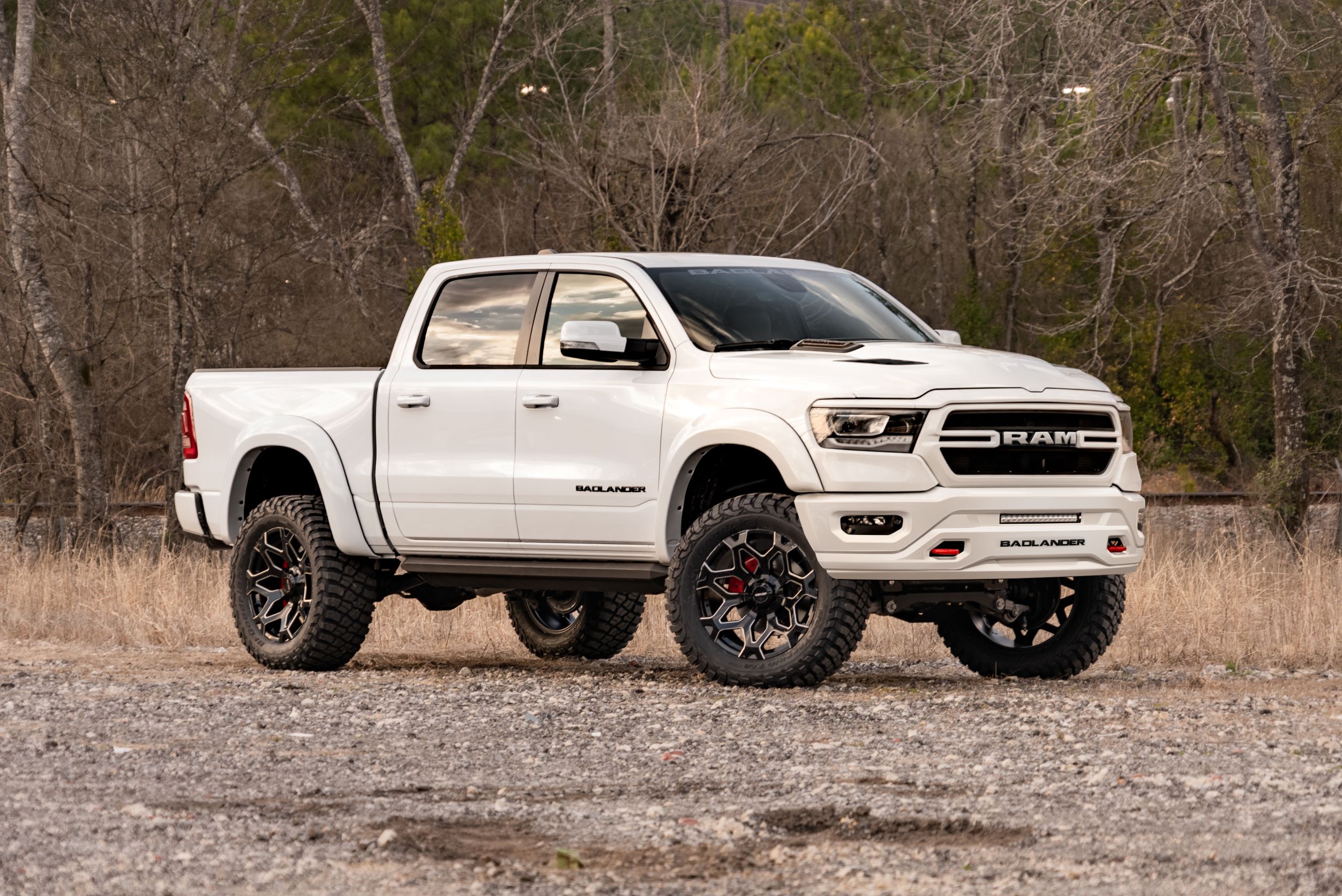While you may want to get the most out of your vehicle, there are times when giving up is in your best interest. It’s frequently best to sell your car before it develops an issue rather than keep it. Whether it’s to purchase a new vehicle, pay off debt, or dispose of an old piece of junk, everyone must sell their car at some point.
If you’re contemplating selling your car, you need to know when you’ll do it. To do that, you need to be aware of common indicators that can tell you when it’s time to let go of your vehicle.
1. Lifestyle Changes
Your lifestyle will change as you age and gain wisdom. You have the option of owning a sports automobile as a single young adult. As you marry and consider establishing a family, you’ll want to swap in your sports car for something that has more seat capacity, such as an SUV.
Unfortunately, older models can be a tough cookie to sell. So, if you own one, you may sell it faster to a junkyard rather than a private party or a dealership. You have a selection of junkyards and car wreckers, like Car Wreckers Hamilton, to choose from if you think it’s time for you to let go of it.
2. Annoying Noises
Even the most well-maintained car will eventually lose some of its efficiency. While you may notice a decrease in acceleration, horsepower, or towing capacity, you’re more likely to see wear and tear first. However, when you start to hear irritating creaks, moans, grinds, and whistles, you may need to get rid of it immediately.
While certain noises you may hear inside your car can be fixed by replacing worn components such as ball joints, brake rotors, shock absorbers, or struts, some may become a permanent problem that may require you to replace major parts. Remember that when you ignore these noises and concerns, your car values depreciate, and it might become too late for you to take action.
3. Safety Concerns
As much as possible, it’s essential that you feel confidently safe when driving your car. If you’re no longer feeling secure behind the wheel, it’s probably time to sell it. Some of the significant safety concerns you should always watch out for are brake failure, defective airbags, and significant engine noise.
Aside from noticeable safety concerns, you may want to consider getting rid of your car when you become dissatisfied with how it performs on wet roads or how the steering wheel operates. Remember that it’s always wise to exchange your old car for a new one as they include modern safety systems such as blind-spot monitoring, lane departure warnings, and electronic stability control systems.
4. Costly Repairs
The cost of replacing an engine or transmission in a car can cost you an arm and a leg. Unless you love your car, you should say goodbye now instead of spending more on it.
Also, don’t ignore the constant need for it to receive minor repairs or maintenance work. The costs can quickly accumulate. Aside from that, the more you need to visit repair shops, the faster your car’s value depreciates.
5. Rusting
Many car owners fear rust, which is understandable—considering that it’s a very persistent issue that will haunt you. While it’s possible to contain and eliminate it, it’s tough to stop it from spreading.
Rust—or oxidation, to be precise—may cause havoc on virtually every car component, from the doors and exhaust to the suspension and the vulnerable underbelly. It’s one of the first items on the checklist of discriminating secondhand automobile purchasers.
So, whenever you see rust signs or spots, it’s either you get it removed right away or consider selling it to car wreckers while the opportunity exists.
6. Scarce Parts
Each passing year is like a slow dagger penetrating the heart of your car; you know it will eventually die, but you have no idea when. Apart from the horrific connotations, your car is rapidly fading from relevance—everything in the automotive industry, particularly automotive components, advances at a breakneck pace.
As a result, you may anticipate that older components required for these vehicles will also be phased out. And any parts left available will become significantly more expensive and difficult to obtain than they were previously.
Whatever the reason, if your car’s parts become too costly and difficult to obtain, sell it immediately. Nobody wants to purchase an unrepairable vehicle.
Takeaway
‘How do I know when it’s time to sell my car?’ is a frequently asked question by car owners. If you’re considering selling your car, keep an eye out for these indicators to determine if the time is right to say goodbye to it.







